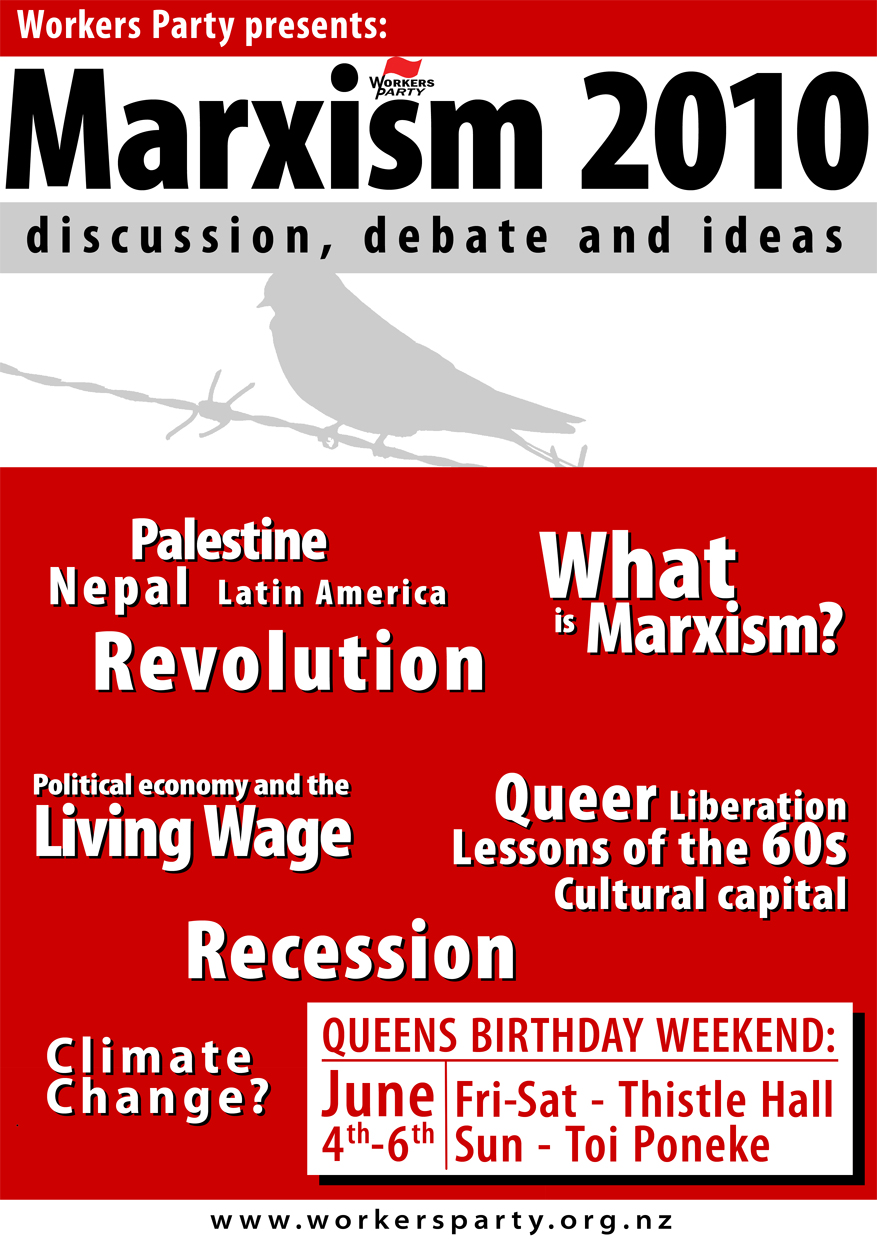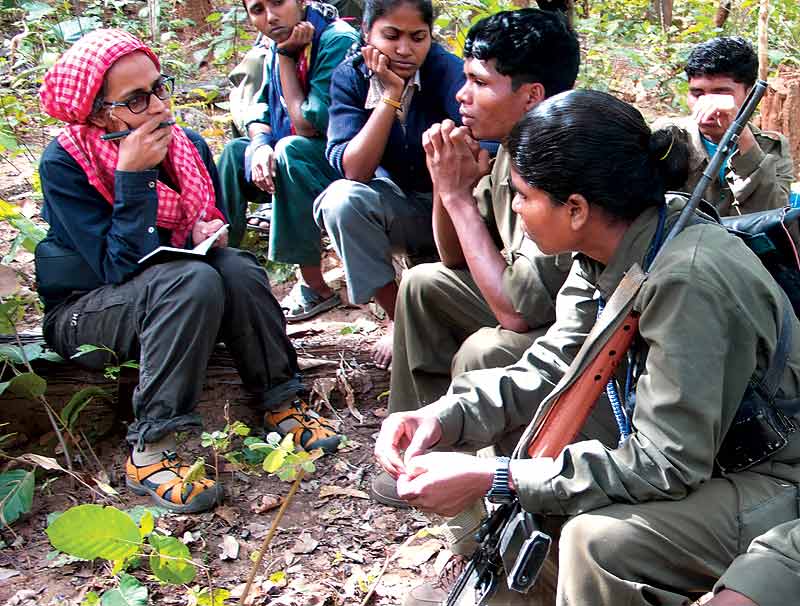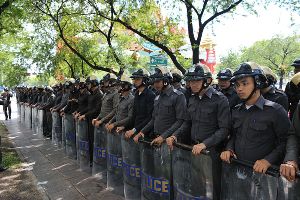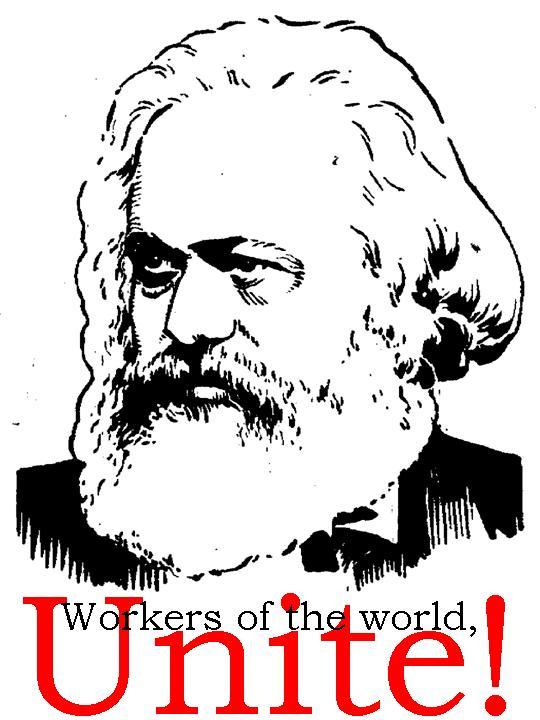A talk by Don Franks, Marxism 2010 conference, Wellington 5 June 2010
This is obviously a big subject, which could be approached in a number of ways. In the small time we have this morning, my aim will be to introduce basic points and hopefully arouse some ongoing interest.
Ther e are various contending definitions of ‘Marxism”. The one I’m tempted to offer today is that Marxism is a set of sharp political tools, which New Zealand leftists tend to leave in the box. Later on in this talk I’ll consider why that has been so frequently the case.
e are various contending definitions of ‘Marxism”. The one I’m tempted to offer today is that Marxism is a set of sharp political tools, which New Zealand leftists tend to leave in the box. Later on in this talk I’ll consider why that has been so frequently the case.
As a more general definition to introduce Marxism, I’ll add that it’s a theory named for its main architect and can be understood as the theory of dialectical materialism based on communist practice. The expression ‘dialectical materialism’ has a forbidding sound and is not common currency in the day-to-day life of most people. Here I see a huge contradiction, because dialectical materialism is a thoroughly practical method of understanding human society and the universe in which we’re placed. Dialectical materialism is also a philosophy which by its nature takes sides with the oppressed. Continue reading “WHAT IS MARXISM?”
India – Stop Operation Green Hunt
PROTEST 12 midday Thursday 29 April
High Commission of India, 180 Molesworth Street, Wellington
India is at war. The government calls it ‘Operation Green Hunt’, and has sent tens of thousands of armed police and paramilitary troops to the vast forest region of Dandakaranya.

There are two Indias – one is the new high tech economy; the other is the 800 million people who still live in poverty. The poorest of the poor are tribal people in the forests. Over the last thirty years they have joined India’s revolutionary Maoists and set up democratic organisations and a People’s Liberation Guerrilla Army (PLGA). The territory they are active in has been dubbed ‘the Red Corridor’. Continue reading “India – Stop Operation Green Hunt”
Indian government starting 5-year military offensive against revolutionary forces
The Spark November 2009
Jared Phillips
The revolutionary movement in India, under the leadership of the Communist Party of India (Maoist), has expanded its base over the last three to four years through regroupment of the movement and also through consolidation of its support in urban centers. Consequently, the Indian state has extended its ban on the party. Previously the political ban was imposed on the party in several states mainly in the east of the country. Now there is an ‘all-India’ ban on the CPI(M). The party has established peoples’ committees in three states, and has done so in-part in other states. Continue reading “Indian government starting 5-year military offensive against revolutionary forces”
Communist Party of the Philippines’ 40th anniversary
The Workers Party of New Zealand sends warm greetings to the Communist Party of the Philippines, on its 40th anniversary.
The CPP has led the struggle against feudalism, capitalism and imperialism in the Philippines for four decades. Having withstood the Marcos dictatorship through to the current brutal regime of Arroyo, the CPP has been sustained through its deep roots among the masses. When many other communist parties around the world collapsed in the 1990s, the CPP carried on the struggle, constantly reassessing itself and further developing its strengths.
The CPP’s commitment to internationalism has given confidence to many organisations and individuals in the struggle for world revolution.
We hope that 2009 will bring much success to the comrades in the Philippines.
In solidarity
Workers Party of New Zealand
A far left reply to Chris Trotter
– Don Franks, Workers Party candidate for Wellington Central 2008
The Dominion Post warns of a malicious workers’ enemy currently lurking in New Zealand.
What “it” supposedly “wants to see (on workers tables) are scraps of stale bread and cups of cold water.” Along with “the power and the phone cut off, holes in the roof, and the car up on blocks in the front yard.”
“Nothing delights it more than the sight of padlocked factory gates, and the sobbing of laid-off workers is music to its ears.”
According to Dominion Post columnist Chris Trotter, this inhumanity embodies none other than the revolutionary component of the political left. He specifically cites the Workers Party as an example.
According to Trotter:
“The more the National Party cuts back and hacks away at the workers’ economic and social rights the better the revolutionaries like it.
“The far Left is always at its unhappiest when Labour is in power. In no time at all they’ve got the power and the phone reconnected, filled up the fridge, got a bit of a fire going in the grate, slipped a couple of pizzas in the oven, and cracked open a few cool ones.” (From The Left, Dominion Post 12/12/2008)
Chris may have forgotten that it was under Labour that Mrs Folole Muliaga tragically lost her life when her power was cut off.
For an open and honest debate
Click here to read our Second Open Letter to Socialist Aotearoa responding to their concerns about our article “Much of the left crying wolf over the Nats” and arguing that revolutionaries should be open and upfront about debating their differences.
Crisis in Thailand – a Marxist view
Thailand is currently in crisis, with a deformed expression of class struggle occurring between one side that wears yellow shirts and another that wears red. How can we make sense of this situation, and what is the way forward for those of us interested in the interests of the poor and working class? John Moore, formerly a resident in Thailand, and now a Workers Party activist, argues that the Thai working class is a mass force that has yet to roar, but that the small radical element amongst them shouldn’t ‘give up the bullet for the ballot’ to reform Thai society through the Thai capitalist state.
Nepal A Revolution in Progress
-Alastair Reith
The Spark December 2008-January 2009
Ever since the destruction of the Soviet Union, the capitalist class has told us that communism is dead. We are expected to believe that this is as good as it gets, that the inequality and oppression inherent within the capitalist system will be with us forever and there will be no more revolutions. The ruling class declared the end of history. Unfortunately for them, the people of Nepal have decided not to listen.
The red flag flies from Mt Everest
A communist revolution is unfolding in Nepal, a small Himalayan country just to the North of India. Led by the Communist Party of Nepal (Maoist), the workers and peasants of Nepal are rising up and challenging the feudal oppression they face in their daily lives, and the neo-colonial domination they face as a nation.
The last time the Spark published news of the revolution in Nepal, the results of the Constituent Assembly elections had just come in. Despite the corporate media predictions that the Maoists would come in a dismal third place, the Maoists shocked the world by winning a landslide victory, taking 220 out of 575 seats, making them by far the largest party in the Assembly, with more seats than the next two largest parties combined! The elections revealed the level of mass support the Maoists have amongst the people.
Marx in the 21st century
Talk given by Tim Bowron at a public forum at the Christchurch WEA in November 2008 organised by the Workers Party.
It seems as though these days the only time you are likely to hear the name of Karl Marx mentioned is when he is being dismissed as the proponent of some outlandish utopian ideology which had marginal relevance in nineteenth century Europe but none at all now (the view of most standard history texts) or as a the prophet of capitalist globalisation who also had some rather funny ideas about workers and exploitation with which we need not concern ourselves too much (the view of more sophisticated bourgeois pundits such as the writers for The Economist).
It is indeed true that the idea that the working class of which Marx wrote so volubly is rapidly vanishing from the stage of history has some material basis (at least in first world countries like New Zealand). However while the number of workers directly engaged in the creation of surplus value in areas such as manufacturing and raw material extraction has certainly decreased in New Zealand over the past few decades, the amount of exploitation i.e. the mass of surplus value created by workers in these sectors and expropriated by the capitalists has not.
In addition, although the largest occupational group as measured in the 2006 New Zealand census were labelled as “professionals” (18.85%) followed by “managers” (17.14%), the relationship of these individuals to the means of production is clearly shown in the “status in employment” category where we learn that over 75% of the population are still dependent on selling their labour power in order to earn a living.
The real problem here then is not the absence of class but rather the collapse of working class consciousness (such that a supermarket checkout supervisor may now well consider themselves a “manager”, and various politicians can proclaim that we are “all middle class now”).
The best type of government?
The Workers Party recently received an enquiry from a high school student trying to get in touch with the New Zealand Communist Party. The year 9 student wanted to ask a few questions “concerning a project on whether democracy is the best type of government.”
Philip Ferguson replied:
We’re actually the Workers Party, not the Communist Party. The CP no longer exists and we are not descended from it. Our organisation contains a variety of views on historical questions – some people are pro-Mao, some are pro-Trotsky and some have no particular historical identifications.
Does your party support independence from Britain, and if so, how could this benefit New Zealand?
New Zealand is independent from Britain and has been for quite a long time. The British monarch may be the formal head of state, but that is a mere formality. For instance, the governor-general, in whose person the monarch’s (limited) power is vested, is appointed by the New Zealand government. In fact, New Zealand gained representative institutions back in the 1850s and the major decisions about what happens politically in New Zealand have been made by the New Zealand state, government and ruling class ever since then.


